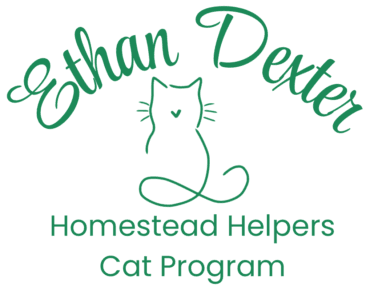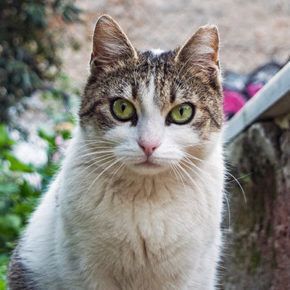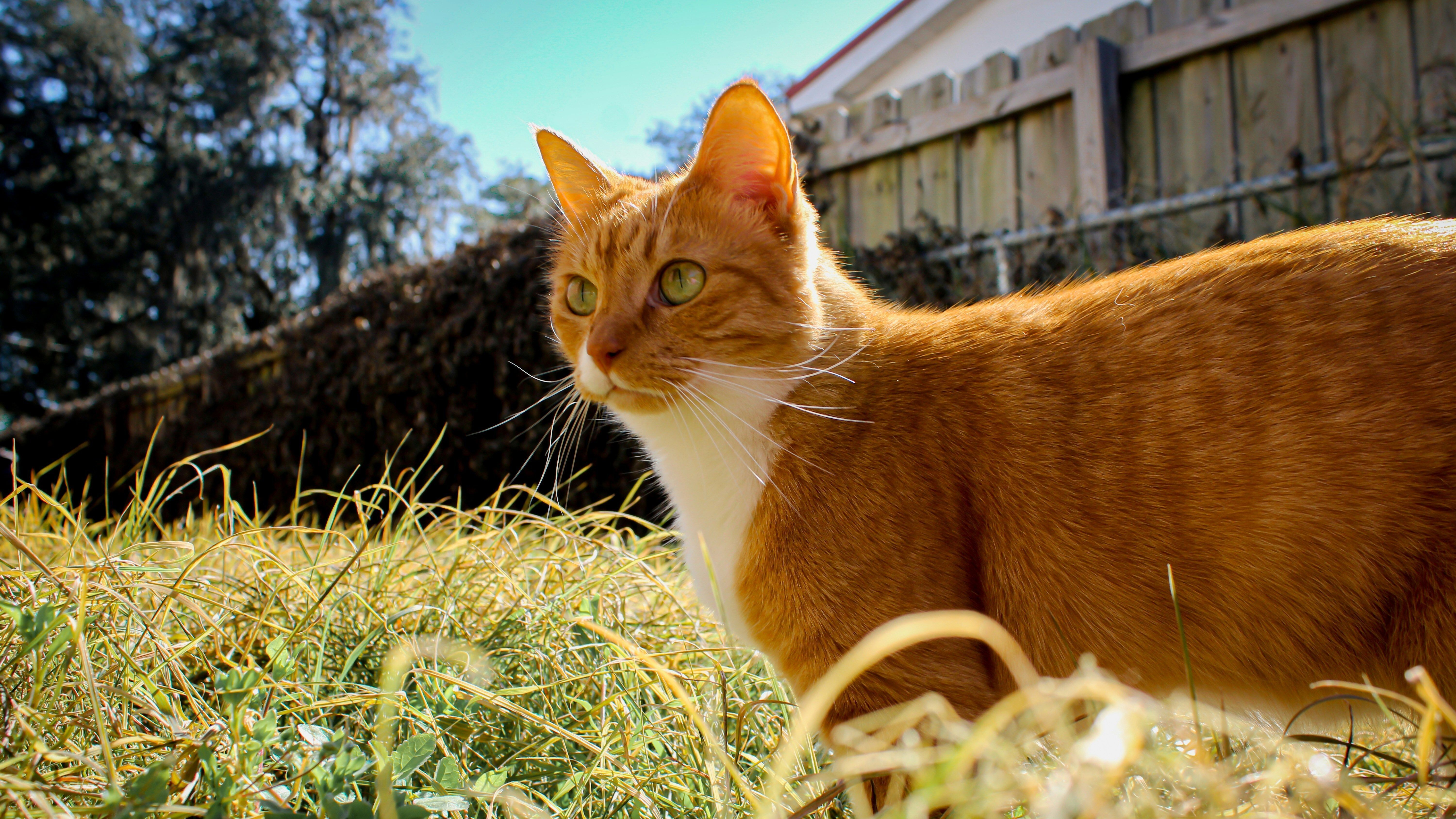Ethan Dexter Homestead Helpers Working Cat Program

Just like people, every cat has its own unique personality! Some cats have spent their lives outdoors, enjoying hunting, sunbathing, and choosing when to interact with humans. Being confined indoors isn't their style.
The Erie Humane Society understands that the bond between these independent cats and their people can be just as deep and meaningful as any other.
We are proud to introduce the Ethan Dexter Homestead Helpers Working Cat Program, which focuses on the placement of outdoor-loving cats into caring homes where they can thrive on their own terms.
Ideal for families with barns, stables, warehouses, or other outdoor spaces, this program offers a loving environment for cats who prefer an independent lifestyle while still being part of a family.
PLEASE NOTE: The Erie Humane Society does not adopt out cats as Homestead Helpers if they are suitable to be household companions.
Services Provided

Before going home, your new Homestead Helper cat will be:
- Spayed or neutered
- Vaccinated
- Microchipped
- Dewormed
- Treated for fleas
- Vet checked
Preparing for Your Homestead Helper
With minimal preparation, you can set up an ideal environment for your Homestead Helper. When your cat arrives, you'll need to have a basecamp ready for them. This can be a secure area such as a tack room, feed room, or a large dog crate. The basecamp should include a designated spot for their crate, as well as food, water, and litter. Your Homestead Helper should remain in this basecamp for 3-4 weeks to adjust to their new surroundings and learn where their food is located.
Fresh food and water should be provided daily. We recommend feeding both wet and dry food to Homestead Helper.
Socializing Your Homestead Helper

Most cats in our program have spent their lives outdoors with minimal human contact. Initially, they may try to hide from you, but as they grow more comfortable, you’ll begin to see them more often. With time, they may become more affectionate, and some might even tolerate petting, especially during feeding times. For advice on how to engage with your Homestead Helper on their own terms, consult with our pet care team during your meet and greet.
Cold Weather Care
Erie and NWPA winters can be quite cold! While your Homestead Helper is capable of handling the chill, it’s important to be prepared. Although working cats develop a thicker coat in winter, they still need an insulated shelter to protect them from the elements. Suitable options include a barn, stable, warehouse, or workshop. If none of these are available, an insulated cat box filled with straw is a good alternative. Inside the shelter, provide additional straw for your cat to cozy up in. We also recommend using an electric water dish, available at local feed and supply stores, to prevent the water from freezing. If an electric dish isn’t feasible, ensure you check the water dishes twice daily when temperatures drop below freezing.
Consider a Companion Helper
Most of the cats in our program have previously lived with other cats and generally prefer feline companionship over human interaction. They appreciate having a buddy to cuddle with and play alongside. However, like people, some cats prefer solitude. Our pet care team knows each cat’s personality and will discuss their preferences with you.
In Memory

Our Homestead Helpers program is dedicated in memory of Ethan Dexter, beloved friend of the Erie Humane Society and dedicated cat advocate.





